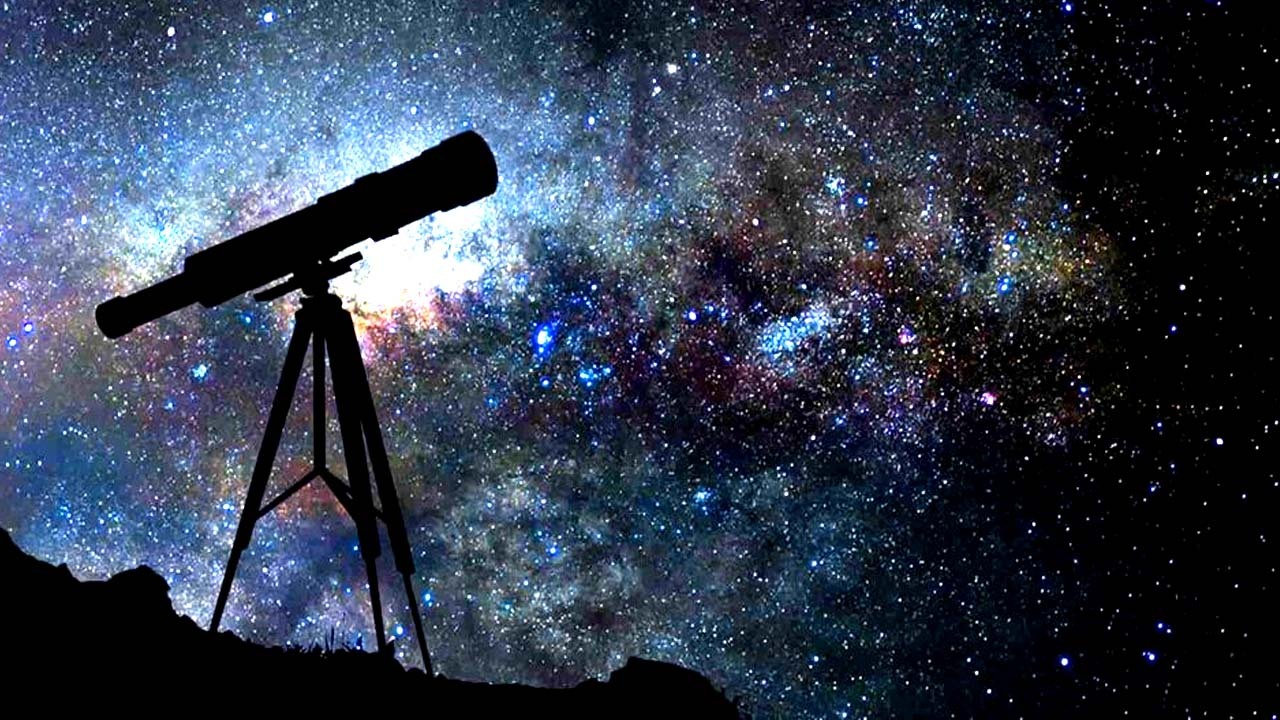
Light pollution stealing stars
In the early part of this year, two American astronomers introduced a new term in a letter to the scientific journal "Science" to describe the loss of the ability to observe the night sky due to light pollution. They named this term "noctalja" or "sky grief."
Aparna Venkatesan and John C. Barentine say that "noctalja" signifies more than just the loss of a pristine environment; it also involves the loss of heritage, identity, storytelling, and ancient sky traditions. Light pollution in Edmonton has significant implications, and the sense of loss is felt by members of the community who have an interest in stargazing.
From space at night, the capital of Alberta, like many other cities, appears as a bright white spot on a dark fabric. Frank Florian, the Senior Director of the Telus World of Science Edmonton Planetarium and Space Science, says he can understand how someone who grew up in the beautiful dark skies of a rural area or worked on a farm might experience this "grief."
He adds, "You're losing the ability to look at the night sky and appreciate it. Goodbye, dark sky. The stars quickly disappear from our night sky."
The Northern Nights festival celebrates the darkness of the skies in Yukon, where, in the city, you can hardly see anything, according to Florian. Only the bright stars are visible. To fully honor and revel in the starry night sky, it's better to leave the city. After about 30 minutes of driving towards rural areas, you begin to leave behind the glare of Edmonton's light dome, and you can see a night sky that resembles a scene you might witness in a planetarium. Florian concludes, "Whenever I go outside, I always feel like going out again, far from the bright city lights, to stargaze because you see so much more."
Suggested Content
Latest Blog
Login first to rate.
Express your opinion
Login first to submit a comment.
No comments yet.
























